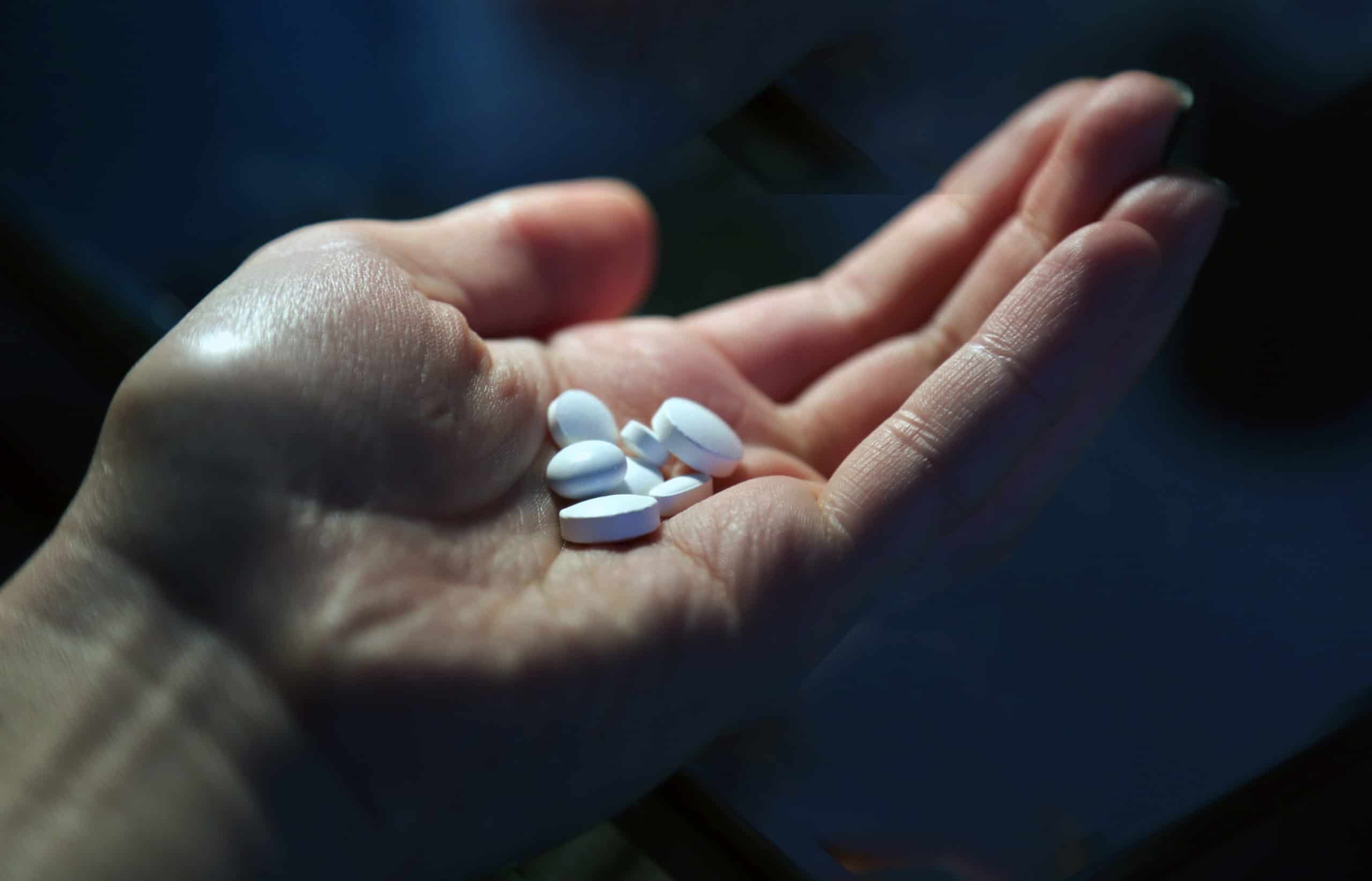When it comes to overcoming substance addiction, there’s no one-size-fits-all solution. Recovery often requires a blend of strategies tailored to meet an individual’s unique needs. One highly effective and science-backed approach is Medication-Assisted Treatment (MAT). By combining FDA-approved medications with counseling and behavioral therapies, MAT offers a comprehensive road to recovery, especially for those tackling substance use disorders.
If you’re navigating the challenges of drug or alcohol addiction, or helping a loved one through their recovery, understanding the role of MAT could be a game-changer. This article explores how MAT works, its benefits, and why it is an integral piece of the long-term rehab puzzle.
What Is Medication-Assisted Treatment?
MAT is a specialized treatment approach that incorporates medications to normalize brain chemistry, block the euphoric effects of substances, or ease withdrawal symptoms. But MAT is far more than medication alone. It pairs these medications with behavioral therapies to address the emotional, psychological, and behavioral factors that fuel addiction.
MAT is heavily researched and endorsed by the medical community for its effectiveness, particularly in treating opioid and alcohol addiction. By taking a holistic approach, MAT gives individuals the best chance to achieve and maintain long-term recovery.
The Benefits of Medication-Assisted Treatment
Why has MAT garnered so much attention in the world of addiction recovery? Simply put, it works. Here’s how:
1. Reduced Cravings and Withdrawal Symptoms
One of the biggest hurdles for those in recovery is the physical dependency on drugs or alcohol. MAT medications like buprenorphine, methadone, and naltrexone significantly reduce cravings and painful withdrawal symptoms. This makes it easier for individuals to focus on therapy and rebuilding their lives.
2. Improved Retention in Treatment
Research shows that individuals who incorporate MAT into their treatment plan are more likely to stay engaged in rehab programs. Retention is a critical component of success, as addiction recovery is a long-term process that requires time and consistent effort.
3. Lower Risk of Relapse and Overdose
Without proper support, the road to recovery can be fraught with setbacks. MAT significantly lowers the chances of relapse and fatal overdoses, particularly for those recovering from opioid addiction.
4. A Holistic Approach to Recovery
Beyond treating the physical aspects of addiction, MAT works in tandem with counseling and behavioral therapies to address the emotional and psychological causes of substance abuse. This integrative approach helps build the foundation for a healthier, addiction-free future.
Applications of MAT in Long-Term Drug Rehab
Medication-Assisted Treatment is used in various stages of the recovery process. Here’s how it fits into the broader picture of long-term rehab:
Detoxification
MAT plays a critical role during the detox phase by helping manage withdrawal symptoms, which are often a barrier to starting treatment. For example, methadone or buprenorphine are commonly used during opioid detox, while medications like acamprosate are effective in treating alcohol withdrawal.
Stabilization
After detox, MAT supports patients as they stabilize physically and emotionally. This includes managing lingering cravings while individuals begin addressing the root causes of addiction through therapy.
Maintenance
For many individuals, MAT continues to be a part of their ongoing recovery plan. Medications like naltrexone help block the euphoric effects of drugs, acting as a safeguard against relapse.
Transitioning to Complete Independence
While MAT can be part of lifelong recovery for some, others may gradually reduce their reliance on medications over time. This process is closely monitored to ensure a safe and effective transition toward full independence.
Why Science Matters in Addiction Recovery
MAT represents a shift in the way we approach addiction treatment. Unlike one-size-fits-all programs or methods that solely rely on willpower, MAT is grounded in decades of scientific research. Studies consistently highlight how this evidence-based approach improves recovery outcomes, reduces stigma, and helps save lives. The integration of behavioral therapies further reinforces MAT’s effectiveness by addressing the psychological drivers of addiction.
Reach Out for Personalized Support
Recovery is a deeply personal journey, but it doesn’t have to be one you face alone. Medication-Assisted Treatment is a vital tool, but having the right support along the way is equally important.
At Grand Falls Recovery Center, we combine expert medical care with compassion to tailor treatment plans that work for you or your loved one. Whether you’re just exploring your options or ready to take action, we’re here to help every step of the way.

